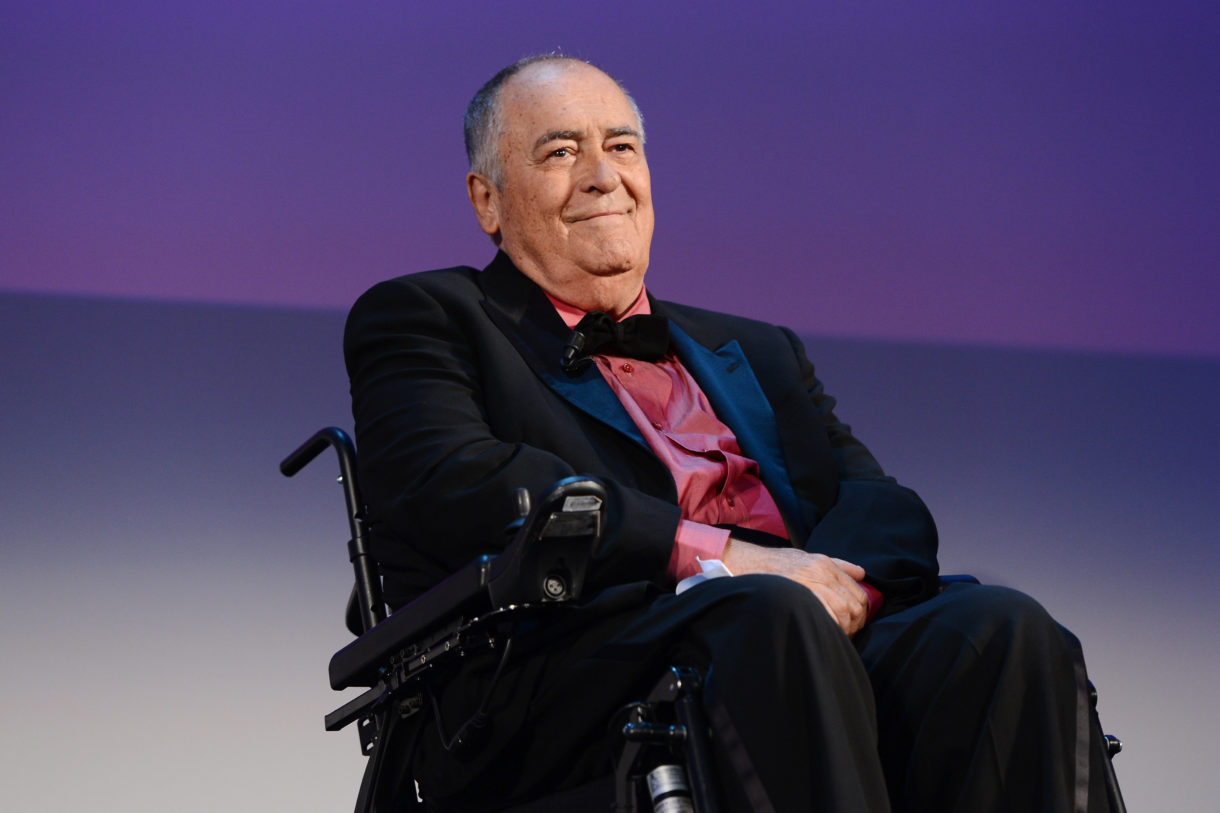Bernaldo Bertolucci, the Oscar-winning director whose groundbreaking films set in turbulent times, including Last Tango In Paris and The Last Emperor, died Monday at 77.
His publicist confirmed to Variety that Bertolucci died Monday morning in his home from cancer.
Bertolucci’s provocative five decades as a filmmaker left audiences thrilled and shocked thanks to his brazen subject matter and pristine visual talent. A key figure in Italian cinema, Bertolucci is the only filmmaker of his nationality to have won the Academy Award for best director.
His best films depicted “human nature as it messily expresses itself among others, in society,” Tomas Hachard has written for NPR.
“The word transgression, which was so common in the ’60s, I think I never hear it today,” Bertolucci told NPR in 2004 upon the release of his film The Dreamers. “It’s like a forgotten word.”
His 1987 film The Last Emperor swept up a total of nine Academy Awards, including Best Picture and Best Director — winning every category for which it recieved a nomination.
An adaptation of the autobiography of Pu Yi, China’s last imperial ruler, “was also the first Western epic about China made with the Chinese government’s cooperation,” Variety reports.
Bertolucci was born in 1941 to a wealthy family in northern Italy. His father, Attilio Bertolucci, was a well-regarded poet. The elder Bertolucci was married to his third wife, British screenwriter and director Clare Peploe, from 1979 until his death.
The filmmaker received his first Oscar nod in 1970 for the adapted screenplay of The Conformist. The film, one of his most celebrated, follows a young man coming of age in fascist Italy who is recruited by state forces to take out his anti-Fascist former teacher.
Last Tango in Paris, his provocative 1973 film starring Marlon Brando and Maria Schneider, became one of the first X-rated Hollywood “art” films to make it to mainstream American theaters.
The film chronicled the sexual relationship with a recently widowed American man and a young Parisian woman. As Variety reports,
“Although Tango is regarded as one of the most important films of the 20th century, it generated particular controversy for its anal rape scene, in which butter is used as a lubricant. Bertolucci acknowledged later that the scene was sprung as a surprise on Schneider, then 19, in order to elicit an authentic reaction from her ‘as a girl, not as an actress.’
Before her death in 2011, Schneider told an interviewer that she had ‘felt humiliated and…a little raped’ by Brando and Bertolucci. But the director always denied he had mistreated her.”
Bertolucci’s final film, 2014’s Me and You, was his first in a decade due to ongoing health issues, including his use of a wheelchair.
9(MDEwNzczMDA2MDEzNTg3ODA1MTAzZjYxNg004))
